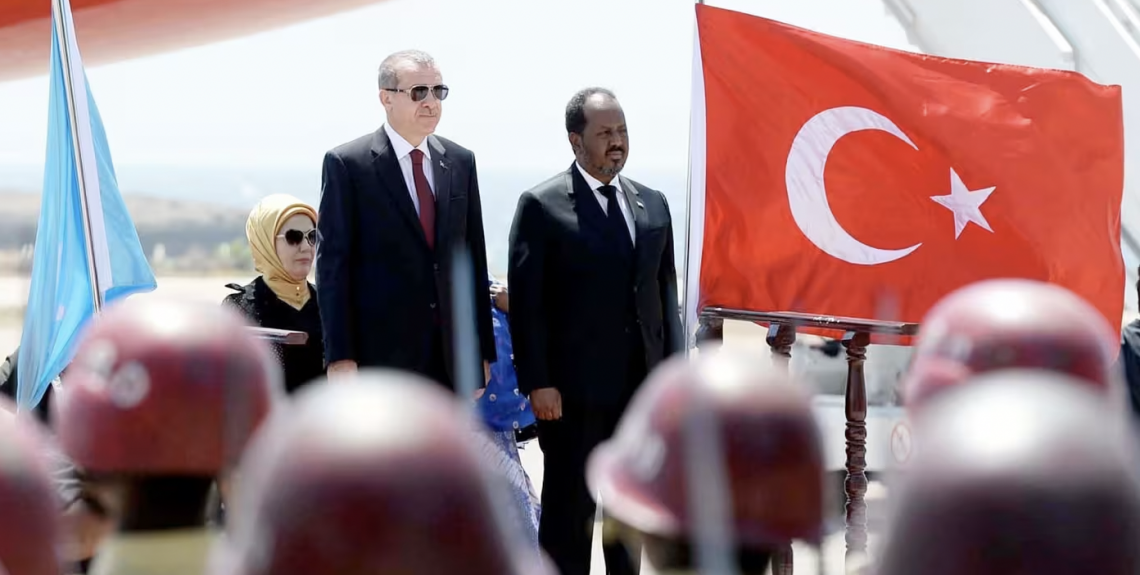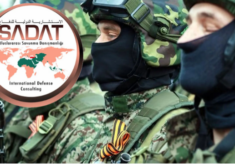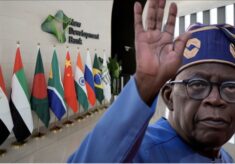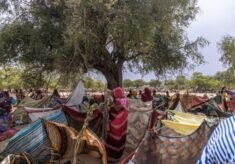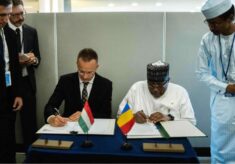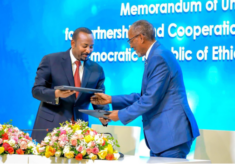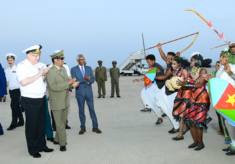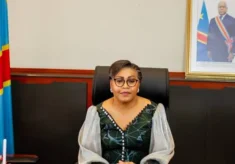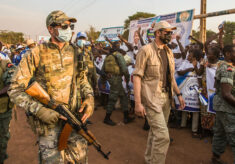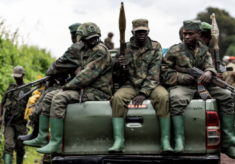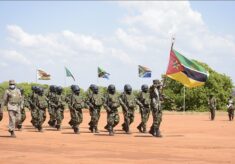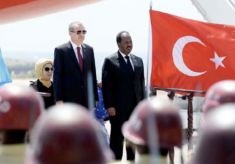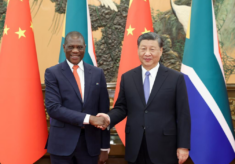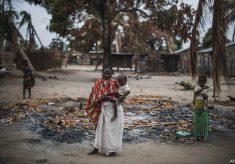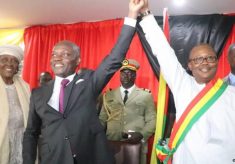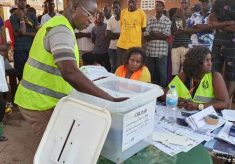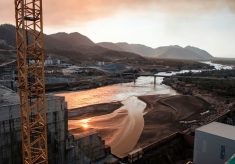Since the rise and consolidation of the AKP (Adalet ve Kalkınma Partisi, Justice and Development Party), the classic focus on the NATO Southern Flank has been widened to the Middle East and notably towards Africa, particularly Somalia. Indeed, the party seeks also non-Western markets to sell its defence industrial products and to cooperate with alternative actors. Somalia is strategically important to Turkey due to its proximity to the Bab al-Mandeb Strait choke point (oil and other goods) and the strategic areas of the Red Sea and Gulf of Aden within the Indian Ocean.
Since President Erdoğan’s visit in 2011, Turkey-Somali relations have thrived, marked by economic, humanitarian, and military contributions. In 2012 Turkey signed a “Military Training Cooperation Agreement” with Somalia in Ankara and in 2015 a “Defense Industry Cooperation Agreement” in Mogadishu. Turkey has provided extensive military training to Somali police forces and soldiers, among which the 5.000 strong commandos units (Gorgor, Eagle) are top assets. These elite units, together with the 2.000 US-trained Danab (Lightning) counterterrorism specialists, are the spearhead of the offensives against the Shabab (the Youth) Islamist militia.
Turkey’s commitment to sharing military and technological expertise without imposing political or economic conditions sets it apart as a unique actor in Somalia. Typical is the covert supply and operation of TB-2 Bayraktar drones to Somali forces since the Somali government was frustrated by US restrictions placed on drone operations and by its ongoing arms embargo.
Ankara’s investments in Somalia have reached a cumulative value of US$ 100 million, with Turkish companies overseeing the operations of Mogadishu International Airport and Mogadishu Sea Port. Somali students have received Turkish higher education scholarships, and the health system has improved significantly by creating various hospitals, starting with the Recep Tayyip Erdogan Training and Research Hospital.
Turkey has proposed itself as a strategic partner of the African continent since 2005, gaining observer status in multiple economic organizations, including ECOWAS (Economic Community of West African States), EAC (East African Community) and COMESA (Common Market for Eastern and Southern Africa), to foster continued engagement. Turkey’s diplomatic efforts in Africa include using soft power tools such as economic aid and cultural influence. As a democratic Islamic country, Turkey’s influence is perceived as more effective and welcomed in other countries of the region compared to that of Western nations.
Margherita Rigoli
Margherita Rigoli is completing the MSc in International Relations and Diplomacy at Leiden University in collaboration with the Clingendael Institute. She focuses primarily on EU development policies in the Global South, and EU defence policy.

